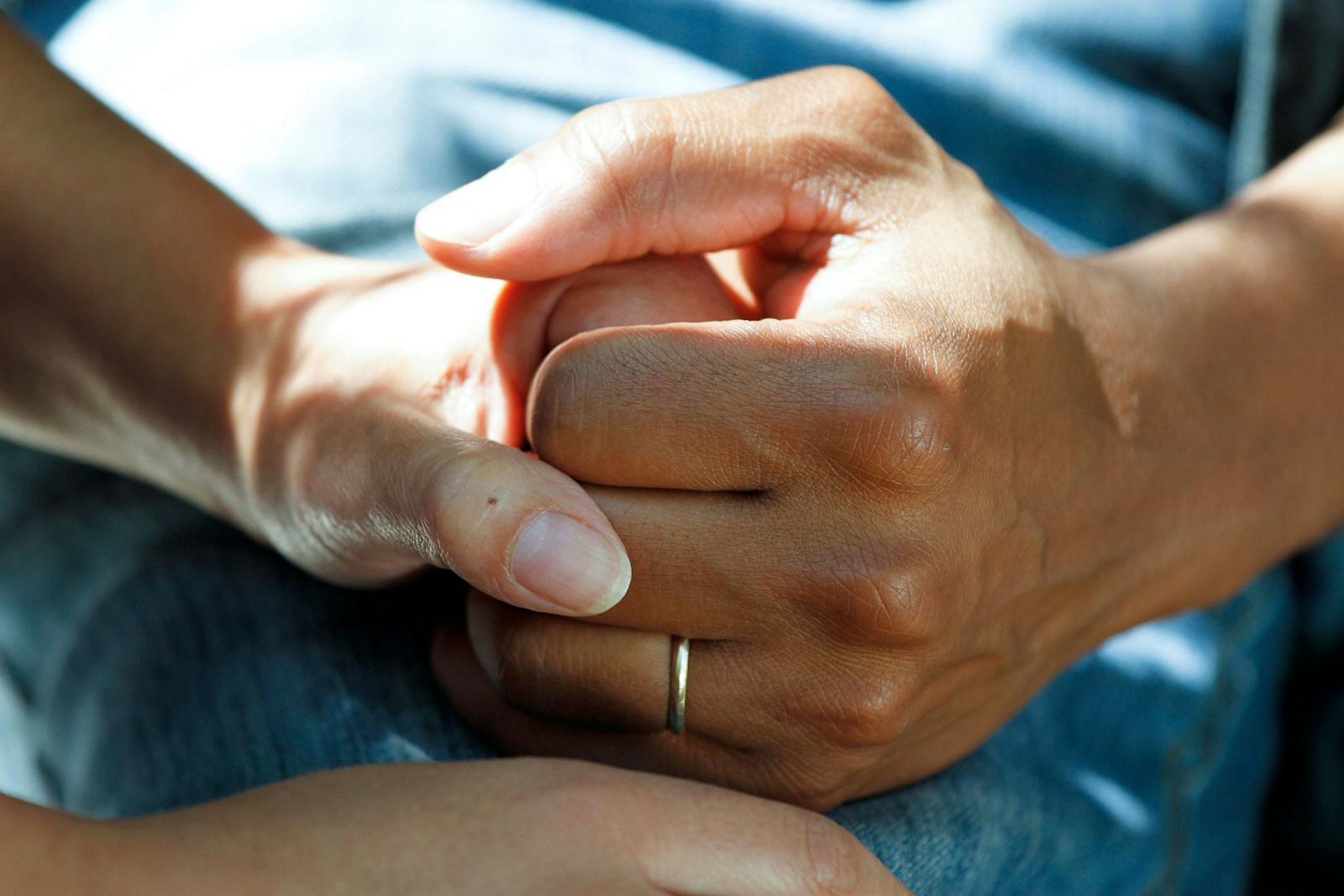Your friends are your support group.
They are the ones that are there for you when no one else is. But what happens if that friendship has turned into something more of a dangerous nature? What if you notice your friend is not who he or she used to be? What if the person you call your best friend is an addict?
Does this conversation sound familiar to you at all?
“I need a pill”
“You just had one!”
“I need another one, this one isn’t doing anything for me.”
Or
“You can’t keep doing this to me. I need a pill. Why are you not giving me what I ask for?”

Free Digital Photos | By sixninepixels
The above is something that I have lived through and it’s very common when you are living with an addict. But it’s even worse when that addict is a friend, or even a best friend.
So what are you to do?
You don’t want to turn your back on him or her unless absolutely necessary. The other thing is that if he or she is not willing to admit that they have a problem this can be a dicey road to take. You know they have a problem, but getting them to admit it is another story.
Be there for him or her.
They probably have turned away everyone else. So, you don’t want to be that final nail in their coffin, so to speak. But you also don’t want to let it affect your mental and physical well-being. The thing about addicts, whether it be a druggie or an alcoholic, is that they want to drag you down with them. They are not doing this intentionally, but they are doing it. Always be aware of that fact. You want to be there for them but only if it doesn’t compromise what you stand for and who you are.
What are some things that you can do?
Well as I just stated, be there for them. Your friend may not have anyone else that he or she can go to for help. But in being there for your friend, you need to also be there for yourself. If it begins to compromise your values and morals that is when you need to start laying down some boundaries. Let your friend know that what he or she is doing is hurting themselves and those that care about them. Do it in a calm and comforting way. If you do in a harsh and obnoxious way, you may just be enabling them to do it more. If you speak to your friend in a loving way, perhaps you can get them to quit.
Telling your friend how you feel is essential, but it’s not the most important thing. Trust is the most important thing. If he or she feels that they can trust you, they may just open up about their problem.
Listen to them
You need to give your friend a shoulder to cry on and an ear to trust. Don’t just make it about you, because than you are just as bad as your junkie friend. He or she may be trying to telling you something and if you don’t take the time to listen, you may not have a friend to come back to.
Here are some links and resources for drug abuse problems:


